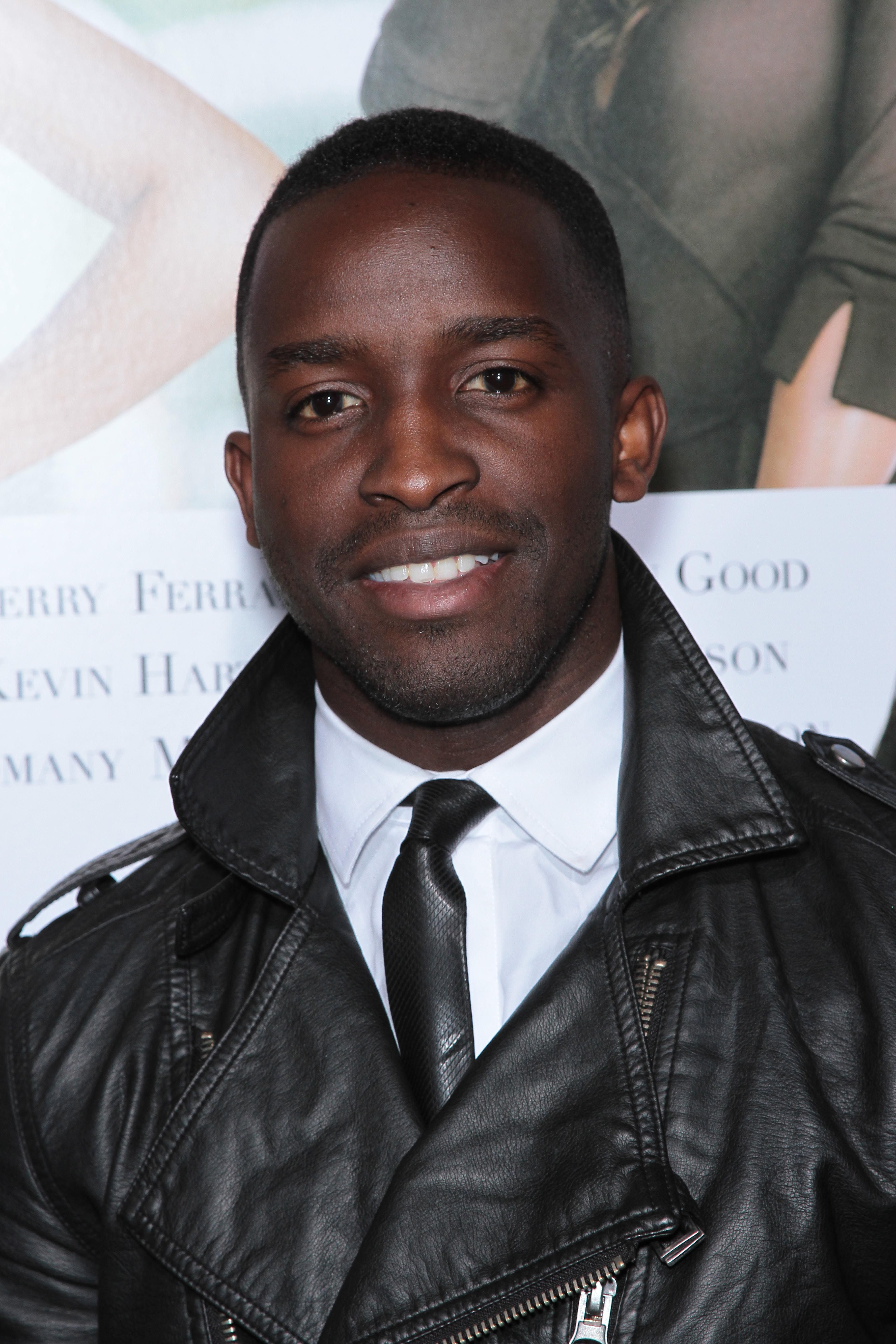Have you ever stopped to think about figures from ancient stories who truly made a mark, people whose experiences, very human struggles, and incredible moments still resonate today? We're talking about someone whose story is, like, a powerful mix of divine strength and deep, deep personal challenge. His name, quite fittingly, means "my God is the Lord," and his life was a living testament to that very idea.
This is about a figure from long, long ago, a prophet who, you know, faced down powerful rulers and stood firm for what he believed. He wasn't just some distant, legendary person; he felt the weight of the world, experienced moments of incredible triumph, and then, too, moments of profound despair. His journey, from calling down fire to feeling utterly alone, really shows us a lot about faith and what it means to be human.
So, while the name "Elijah Kelley" might bring to mind a contemporary artist for some, our focus here is actually on that ancient prophet, Elijah, whose tale is woven into the very fabric of history and spiritual thought. His experiences, in some respects, offer insights that feel surprisingly relevant even now.
Table of Contents
- What's the Story with Elijah?
- Where Did Elijah Come From?
- Facing Down the Odds - Elijah's Big Challenges
- How Did Elijah Handle Jezebel?
- A Prophet's Heart - Elijah's Deepest Feelings
- Did Elijah Ever Feel Alone?
- The Legacy of Elijah - What Did He Leave Behind?
- What's the Connection Between Elijah and John the Baptist?
What's the Story with Elijah?
Elijah, a person of great spiritual importance, knew both the immense strength of a higher power and, quite honestly, the crushing weight of sadness. His name, which is rather interesting, means "my God is the Lord," a title that certainly fits his life's work. This person, who was a messenger for the divine, came from a place called Tishbeh in Gilead, though we really don't have many specifics about his family or where he was born. We first get to meet him in a very old book, a historical record known as 1 Kings. He was, you know, a key figure in keeping a certain religious belief from being changed by other ways of thinking, particularly the worship of a different god, Baal. His story is, in a way, a big part of why he's remembered as one of the most significant people in ancient writings, recognized for his strong conviction, amazing actions, and his very central part in the spiritual history of a whole nation.
Where Did Elijah Come From?
This individual, Elijah, whose name means "my God is the Lord," originated from a place called Tishbeh, which was in Gilead. It's interesting, but we actually don't have any details about his family background or the exact moment of his birth. The first time we really get to hear about him is in an ancient account, in the first book of Kings. He was, in some respects, a Hebrew messenger who holds a place of honor alongside another well-known figure, Moses, for his efforts in protecting a particular faith from being influenced by the nature worship associated with Baal. His name, Elijah, literally means 'Yahweh is my God,' and it's spelled in a specific way. He was, for many people, one of the truly remarkable heroes mentioned in ancient texts, someone very important in the future expectations of a religious group. So, you see, his origins are a bit mysterious, but his impact was certainly not.
Facing Down the Odds - Elijah's Big Challenges
Elijah was, in a way, a messenger from a very old tradition, someone whose main job was to ask the people of Israel to change their ways and to stand against the worship of idols. He became well-known for taking on big challenges. For example, after Elijah had a huge moment where he showed the prophets of Baal what was what, actually calling down fire from the sky, a long dry spell finally ended. Water began to fall, and Elijah, then, quickly moved away from the queen, Jezebel, who was rather bad and had made a promise to end his life. This event, you know, really showed his courage. Elijah, after this, told the people to deal with the prophets of Baal, which was something that lined up with an old instruction from a divine source. Following this rather dramatic event, the long period of no rain finally ceased, which was a huge deal for everyone. He certainly wasn't afraid to confront powerful forces, it seems.
How Did Elijah Handle Jezebel?
After that truly memorable moment when Elijah, you know, demonstrated his connection to a higher power by bringing fire from the heavens, and the drought was over, rain did indeed begin to fall. But then, Elijah had to get away from the wicked queen, Jezebel, who had made a very serious vow to kill him. This account is found in a historical record, 1 Kings. Jezebel, it seemed, was winning the disagreement, and Elijah had, in fact, taken flight. He had, very literally, just defeated the prophets of Baal, yet he found himself running for his life. He had warned the king of the divine punishment that would come upon his land if he didn't stop idol worship and bring everyone in Israel back to a certain faith. So, his dealings with Jezebel were, in some respects, a direct confrontation with royal power and a very personal threat to his existence.
A Prophet's Heart - Elijah's Deepest Feelings
Elijah, like many people, knew both the immense strength of a higher power and, quite honestly, the deep, deep feeling of sadness. He saw himself, it appears, as the only one left defending a divine name in his land. Jezebel, the queen, seemed to be getting the upper hand in their struggle, and Elijah had, as a matter of fact, run away. During a conversation he had with a higher power at a place called Horeb, he was given some guidance. This shows us that even someone who performed incredible feats could experience profound feelings of being alone and overwhelmed. He wasn't just a figure of strength; he was also a person with a heart that could feel the weight of his mission and the challenges around him. This aspect of his story, you know, makes him feel very relatable.
Did Elijah Ever Feel Alone?
Elijah, it seems, truly believed he was the single person standing up for a divine name in his country. Jezebel, the powerful queen, looked like she was winning the battle, and Elijah had, in fact, fled. This feeling of being isolated, of carrying such a huge responsibility all by himself, must have been incredibly heavy. Even after such a powerful display of divine presence, like calling down fire, he found himself in a place of deep personal struggle, wanting to just, you know, give up. During his talk with a higher power at Horeb, the divine being offered him some comfort and new directions. So, yes, it's pretty clear that Elijah, despite his incredible role, experienced moments of profound loneliness and despair, which, in a way, makes his story even more compelling.
The Legacy of Elijah - What Did He Leave Behind?
Besides all his amazing deeds, Elijah, quite uniquely, did not pass away in the usual sense. He was, actually, taken to a higher place in a powerful rush of wind, as he rode in a fiery carriage. This account is found in 2 Kings 2:11. This event, in some respects, cemented his place as a truly special figure. Arguing for him coming back to life in a different body or being brought back from the dead, it seems, misses the point of his unique departure. His name, Elijah, rather fittingly means, "my God is Yahweh [the Lord]." He spent his prophetic strength proving that Yahweh was, in fact, superior to the false god Baal. In taking Elijah to a higher place in such a fiery, powerful way, a divine being assured another person, Elisha, that he would take over Elijah's prophetic role with, you know, twice as much divine strength. Elijah could have, possibly, continued serving as a messenger until much later in the rule of a king named Jehoram. Another thought is that Elijah might have sent a letter to Jehoram before he left. His mission was to call the people of Israel to change their ways and to fight against the worship of idols. He became well-known for his challenges to the status quo. Elijah, the prophet, stands as one of the most important people in ancient religious texts, celebrated for his strong belief, amazing acts, and his very central part in the spiritual story of Israel.
What's the Connection Between Elijah and John the Baptist?
There are, in some respects, some really interesting similarities between Elijah and another well-known figure, John the Baptist. First off, like Elijah, John the Baptist preached his message in a wild, untamed area, as mentioned in Matthew 3:1. This is a pretty clear parallel. Second, both of these men delivered a message that called for people to change their ways. They were, you know, urging people to turn back to a certain path. Third, both men stood up against powerful rulers and held very high positions of influence, which is rather remarkable. Representatives of religious leadership were, as a matter of fact, sent to question John the Baptist, just as people would have questioned Elijah. We see clear evidence of Elijah's influence in both the old and new parts of the ancient texts. So, the connection between these two figures is, in a way, a fascinating thread that runs through these historical accounts.


